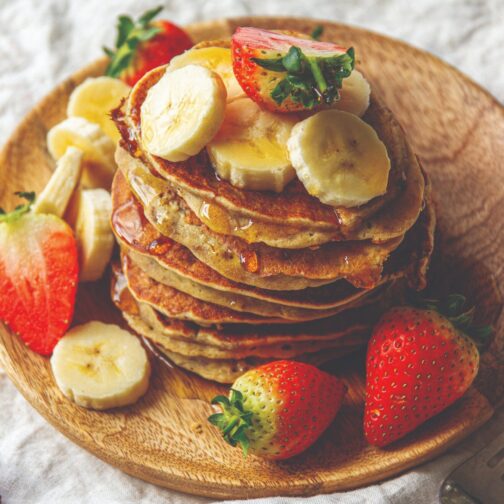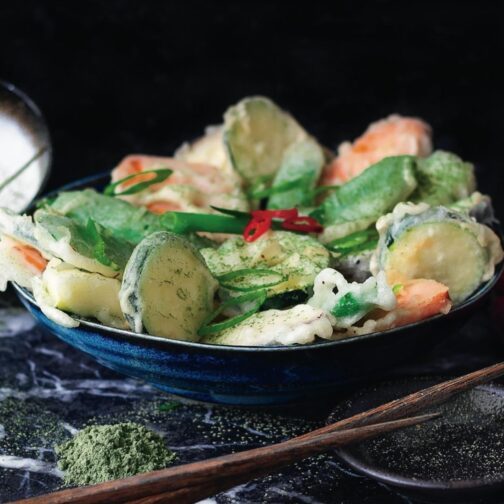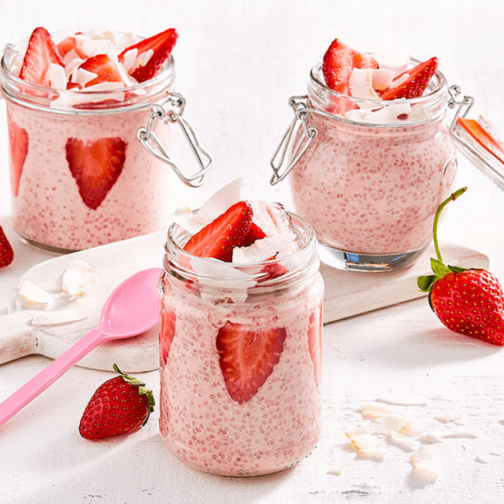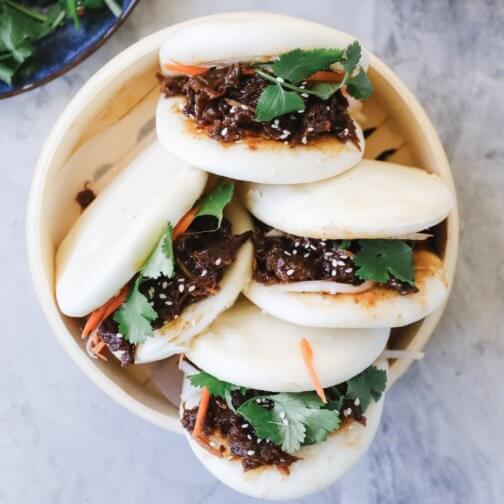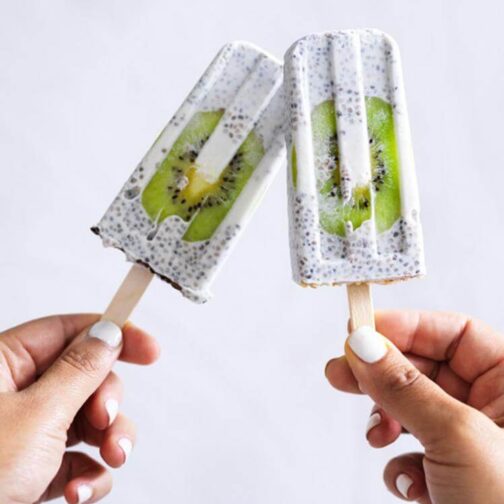
It’s not just what you eat, but how you absorb it that matters. Optimising your digestion is the secret ingredient of becoming your healthiest self, without the gimmicks. Here’s how.
It’s almost impossible to keep track of all the health advice out there promising more energy, vitality, super-human performance, vibrant skin, luscious locks – you name it, it exists! However, it’s our gastrointestinal functioning (our gut health) and its ecology (our biome) that are at the very core of our health. How well we are able to digest and absorb our food greatly influences our wellbeing. Remember, we’re not just what we eat, but how we absorb it! More than half of human disease is related to poor digestion, and there’s plenty you can do to support your body naturally that doesn’t involve gimmicks, products, diets, or cleanses. Simply put, our bodies are designed to ingest, digest, assimilate, utilise, optimise, and cleanse. And there are so many things within our control that can either support or hinder our body from doing what it’s meant to do.
LET’S BREAK IT DOWN … LITERALLY
Digestion starts in the mouth when our teeth mechanically break down the food we eat. Our enzyme-rich saliva kicks in shortly after to begin the chemical digestion of our food. It is essential that we chew properly, since at no other point in the digestive process do we have the chance to increase the surface area of what we’ve eaten (and more surface area means more available nutrients). Saliva is also key, so remember to chew even things like smoothies to signal nourishment is on the way to the rest of your body.
Food (well chewed hopefully!) travels down into our stomach where it is exposed to our powerful digestive juices. Food is churned and mixed before entering the small intestine, where most digestion and absorption takes place. The small intestine has specialised villi and microvilli (tiny hair-like projections that protrude from the walls of the small intestine). These increase surface area so that more nutrients can be absorbed. Next comes bile made by the liver and enzymes from the pancreas, both of which aid in the chemical breakdown of our food, extracting usable nutrition from the food we eat.
From here, food moves into our large intestine, where 100 trillion bacteria work to break down fibre for our body’s energy production and also to synthesise vitamins. The large intestine squeezes in a wave-like motion called peristalsis, which moves the remaining solids through the ascending, transverse, then descending colon, where any remaining water is removed before what is left exits our body as waste (or, in other words, poop). Ideally, we would all be having one to three bowel movements daily, passing them easily. They would be a medium-brown colour, the consistency of banana, and have no recognisable food particles. If this doesn’t sound like you, don’t worry, there are many ways to improve your digestion – keep reading!
TIPS TO BEAT THE BLOAT
When our digestion isn’t functioning optimally, this commonly shows up as gas, bloating, acid reflux, too-loose or too-firm bowel movements, constipation, or diarrhoea. We’ve all experienced these at times, often depending on what we eat, our hormonal cycle, the time of year, or our stress levels. Our digestion is supremely sensitive to external influences and changes in our lives. Things that influence our digestion can be broken down into three main categories: actions, environment, and mood. Watch your digestion improve when you apply the following tips before enjoying each meal or snack!
Actions
- Eat when you’re hungry and don’t eat when you aren’t.
- Chew properly and fully, and try not to engage in conversation while eating.
- Eat at a moderate, calm pace while sitting.
- Take bitters or a small glass of lemon water 15–20 minutes before eating.
- Avoid drinking liquids with meals (especially iced ones) as they dilute your digestive fire, and avoid coffee close to mealtimes.
Environment
- Eat in a settled, peaceful atmosphere when you can.
- Remove distractions, electronics, and avoid working during mealtimes.
Mood
- Try not to eat when you are upset, bored, overly excited, stressed, angry, etc. Your body is not focused on digestion when it is in a state of stress and this can lead to gastric distress and undigested food.
- Try a mindfulness practice before meals, perhaps giving thanks for the nourishment that you are about to enjoy, smelling the aromas, appreciating the colours, or taking a few deep breaths with eyes closed.
EAT AND DRINK TO OPTIMISE DIGESTION
The best way to optimise your digestion is to increase the sources of fibre in your diet! Fibre helps bowel movements, balances cholesterol, regulates blood sugar, gives a feeling of fullness, reduces risk of diabetes and cancer, and provides prebiotics for our body. Fibre is found in all fruits, vegetables, beans, legumes, nuts, seeds, and whole grains.
Remember, water is essential in so many ways, especially with a high-fibre diet. It is the foundational component of digestive secretions, it allows food to pass smoothly throughout the digestive tract, and it keeps poop soft for an easier transit through our system. Aim to drink two litres of water daily (not during mealtimes) and eat plenty of high-water content fruits and vegetables.
Magnesium naturally relaxes muscles in your body, including those of the gastrointestinal tract, which allows for smoother functioning. Taking magnesium can offer relief from abdominal cramping, gas, and constipation for some people (be sure to take the citrate form if looking to help with constipation). Magnesium-rich foods include cacao, pumpkin seeds, almonds, spinach, cashews , quinoa, and avocado.
Incorporating digestive enzymes in your diet can support the breakdown and absorption of food, such as papain found in papaya or bromelain found in pineapple. Supplement forms are also available, but some contain animal products, so look out for vegan-friendly brands.
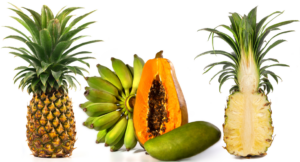
WHAT ABOUT PRE, PRO, AND POSTBIOTICS?
Probiotics are friendly bacteria that live inside our guts. Collectively they improve digestion of proteins, carbohydrates and fats, and contribute to the absorption of minerals. They enhance immune function, help manage blood sugar levels, combat fungal and yeast infections, and limit the action of disease-causing bacteria. Foods rich in probiotics include all naturally-fermented foods like sauerkraut, kimchi, miso, tempeh, and beverages like kombucha and kefir. These are all powerful foods, so indulge accordingly – too much is too much! Probiotic supplements can be taken therapeutically after a round of antibiotics to recolonise the gut.
Prebiotics are the food the bacteria outlined above live on. Each dietary choice we make empowers a different set of these microbes, which is why eating a wide variety of foods is so important for gut health. Prebiotic foods include oats, peas, beans, apples, citrus, and barley, which contain soluble fibre. Then there’s oats (again), cooked and cooled white potatoes and rice, beans, lentils, and unripe bananas, which are valuable sources of resistant starch.
When you feed the good bacteria in your body with a diverse, plant-rich buffet, they reward you postbiotics, which are essentially the by-products of probiotics. You can’t consume postbiotics in either food or supplement form, and they are unique to you. They are created depending on what you (and therefore your gut bacteria) have been eating. Short-chain fatty acids, proteins, and metabolites are some of the postbiotics that can be created, and these compounds have various functions in the body, including supporting your immune system, preventing or treating diarrhoea, reducing the severity of allergies, and more. They may even help to boost mood and cognitive function!
SELF-CARE COUNTS TOO
Moving your body and getting adequate rest are also important for optimising your digestion. Regular physical activity increases blood circulation, improves the tone and strength of your gastrointestinal tract, and supports smooth elimination. Getting a good night’s sleep regulates hormones, cleans and prepares our gastrointestinal tract for the next day, and sets us up to make healthier choices throughout the day. Remember, we all experience distress at times in our lives, which can affect our digestion. Being kind, gentle, and supportive to our body is just as important as what we eat.
All this digestive work goes unseen to us, but has such a huge impact on our daily lives. Your body is truly amazing! Optimising digestion is possible for all of us. With these tips, you can help it do what it needs to do, comfortably!



